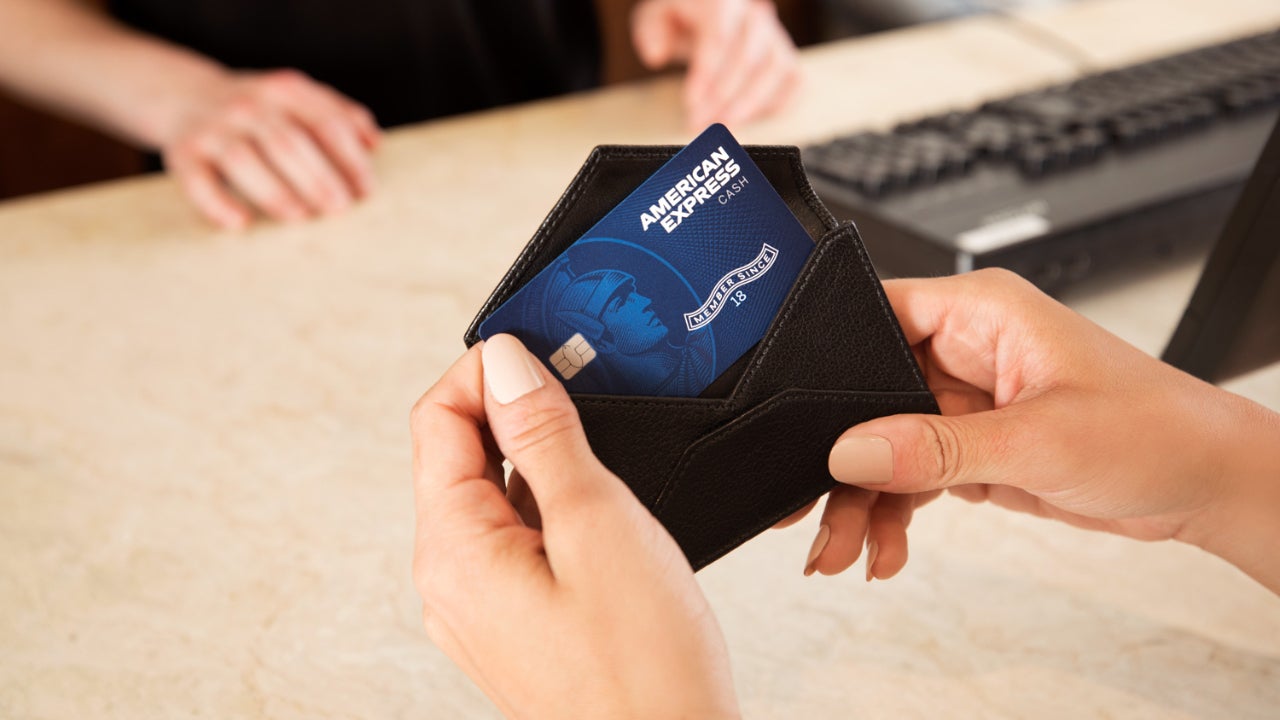Consumer credit protections: Know your rights

It might surprise you to learn that the modern credit card is only 57 years old. Bank of America issued the first revolving credit card in 1966, setting us on the path toward Visa, Mastercard, credit reports, credit scores and our current financial payment system.
As more people began using credit cards for everyday purchases, the federal government passed a series of credit card laws designed to protect consumers and ensure they are treated fairly.
Consumer credit protection legislation sets boundaries for everything from credit card fees to interest rate raises. These laws even specify some of what goes into our credit reports. And in times of economic uncertainty, consumer credit protections prevent lenders from taking advantage of consumers who might be experiencing financial difficulty.
Want to know more about your credit card rights? Here’s an overview of major credit card legislation, a summary of your rights under each act and a few tips on what you can do if you’re having trouble making your credit card payments during times of financial hardship.
Credit CARD Act
The Credit Card Accountability Responsibility and Disclosure Act [PDF], commonly referred to as the Credit CARD Act, is one of the biggest credit reform bills in recent history. Passed in 2009, the Credit CARD Act provides a number of consumer credit protections, including:
- Interest rate protections: Creditors must provide consumers with a notification 45 days before increasing interest rates and can only increase interest rates on existing balances in certain situations (such as when a 0 percent intro APR offer ends).
- Fee protections: Creditors can only charge one over-limit fee per billing cycle and are limited in the number and amount of late fees they can charge.
- Billing protections: Creditors must give consumers a 21-day grace period between billing and payment and cannot set arbitrary payment cut-off times (such as early morning payment deadlines).
- Payment allocation protections: If you make more than your minimum payment due, creditors must apply the excess payment to the balance with the highest interest rate. If you make only your minimum payment, the lender can apply it to lower-rate balances.
- Opt-out protections: Consumers have the right to opt out if they do not like the changes a creditor is making to their accounts. If they choose to opt out, upon being notified of a change, the account is closed, and they have at least five years to pay off the remaining balance under the original terms.
In addition to these essential consumer credit protections, the Credit CARD Act also limits how credit card companies can issue credit to people under 21, and requires lenders to inform cardholders how long it would take to pay off their balance if they only made the minimum payment. It also states that gift card rewards cannot expire for at least five years.
The Truth in Lending Act
The Truth in Lending Act (TILA) was passed in 1968 as a way to help consumers more effectively comparison-shop between loans. Before TILA, lenders could use various deceptive techniques to hide the amount of interest they were actually charging consumers. Lenders could also use deceptive language to steer consumers towards higher-interest products. Now, all lenders are required to present loan information in clear, easy-to-understand terms. TILA also gives consumers the right to back out of certain types of loans within a three-day window.
Because of TILA, all credit card issuers are required to provide consumers with all potential interest rates, fees, penalty APRs and other charges in the credit card agreement. This information is displayed in a Schumer Box, which is the official name for the standardized table of details that often appears under the heading “Rates and Fees” or “Pricing and Terms.” The Schumer Box includes all applicable APRs (including the primary APR, the balance transfer APR, cash advance APRs and penalty APRs), billing cycle information, all applicable fees and more.
Fair Credit Billing Act
The Fair Credit Billing Act (FCBA) is a 1974 amendment to the Truth in Lending Act. This amendment allows consumers to dispute credit card errors. It also requires lenders to provide credit card statements at least 21 days before payments are due to give you the opportunity to review your credit card statement and dispute any errors.
Fair Debt Collection Practices Act
The Fair Debt Collection Practices Act (FDCPA) limits the actions that third-party debt collectors and agencies can take to pursue unpaid debts that are sent to collections. The FDCPA requires debt collectors to call between the hours of 8 a.m. and 9 p.m., for example, and allows consumers to request that debt collectors stop contacting them at work.
In addition to clarifying what debt collectors cannot do, the FDCPA also clarifies what debt collectors must do to pursue debts legally. Collection agencies are required to send a written validation notice within five days of contacting an individual about a debt. This notice must include the name of the original creditor, the amount owed and the individual’s rights under the FDCPA — including the right to dispute the debt or to ask the debt collector to prove the statute of limitations on the debt has not expired.
Fair Credit Reporting Act
The Fair Credit Reporting Act (FCRA), initially passed in 1970 and amended many times since, is designed to regulate all credit information collected on consumers and to give consumers the opportunity to access and dispute that information. In other words: The FCRA controls what goes into your credit report.
The FCRA also controls which organizations have the right to make credit inquiries and gives you the right to be notified if the information in your credit report causes you to be denied credit, insurance or employment. Since your credit report is an essential part of your overall financial health, it’s important to review your credit report regularly, dispute any errors and do your best to maintain a good credit history.
What to do if you can’t pay your credit card bills
The most important step toward good credit is making on-time payments on all of your credit cards, loans and bills every month. But life happens — health issues, a job loss or another unexpected setback can easily cause a late payment.
If you want to prevent missed payments from hurting your credit score, your first step should be to contact your credit card issuer. It’s possible to negotiate your credit card debt with your issuer and get a lower APR or monthly payment.
You can also look into debt forgiveness options, such as paying off a portion of your debt in a lump sum in exchange for the rest being eliminated. Debt consolidation is another option — one example is transferring your existing credit card debt to a balance transfer card with a 0 percent intro APR.
What you shouldn’t do is try to get out of your debt without paying it, by seeking a bankruptcy discharge, for instance. If you miss too many credit card payments, your lender could send your debt to collections. If you continue to ignore your debts, the debt collection company could issue a lawsuit against you for non-payment. If you lose the lawsuit, your wages could be garnished to pay for your old debts.
Ultimately, your goal is to try to find a way to continue making at least the minimum payments on your debts. Once your finances improve, you can begin to pay down your balances in full.
The bottom line
While credit has existed for ages, the modern credit card has only been around for 57 years. Since then, Congress has passed a number of important laws designed to increase consumer credit protections.
Knowing your rights under the CARD Act, the Truth in Lending Act and other key pieces of consumer credit legislation can help you make informed choices about which credit cards to apply for, which debts to pay off first and what to do if you’re having trouble making your credit card payments.
Why we ask for feedback Your feedback helps us improve our content and services. It takes less than a minute to complete.
Your responses are anonymous and will only be used for improving our website.






